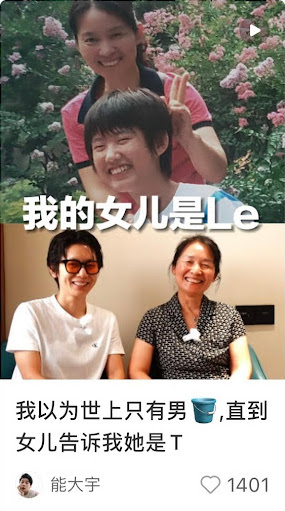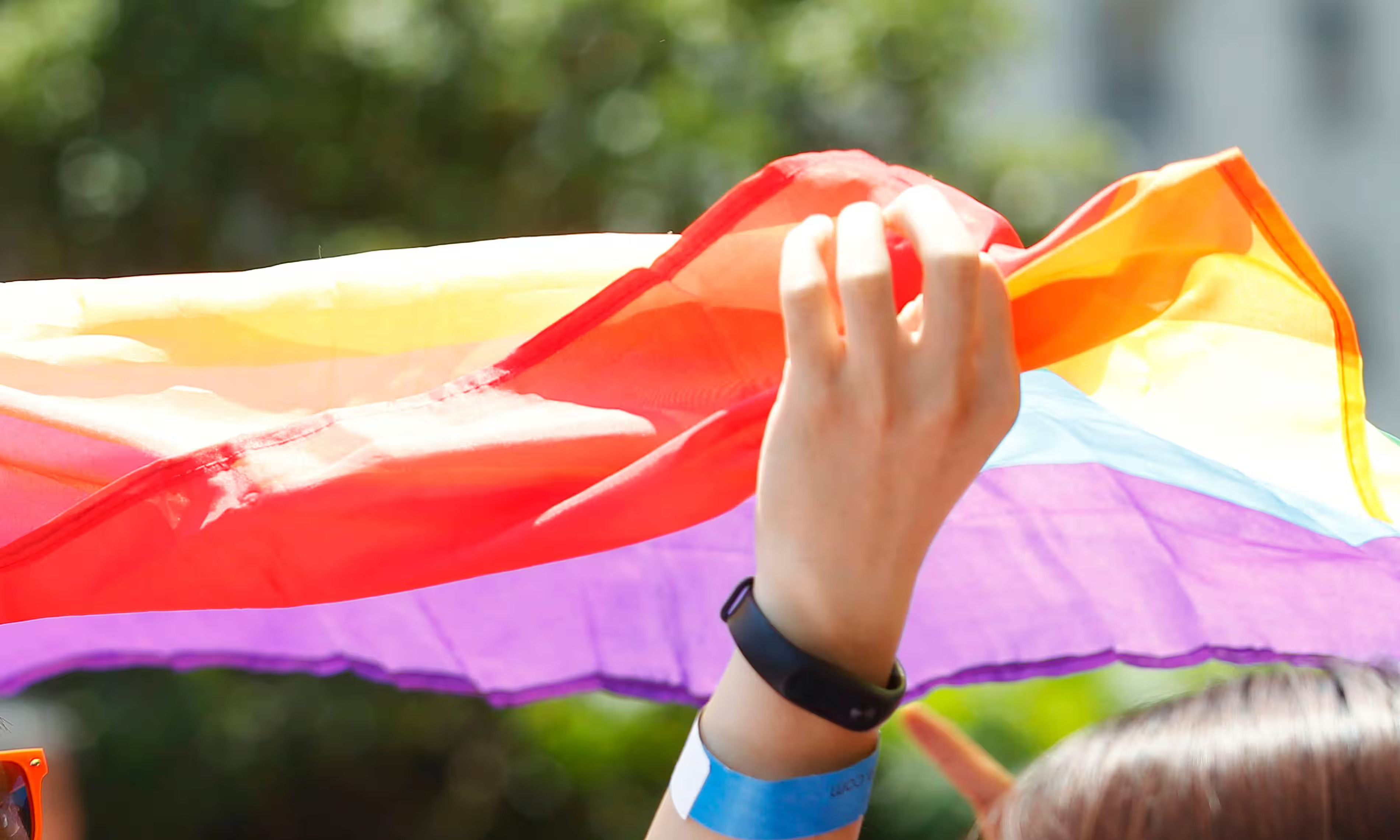Earlier this month, 42-year-old Didi traveled to Beijing to visit the daughter she gave birth to in 2017, after a Beijing court granted her visitation rights that recognized the possibility of having two legal mothers in China.
This is the result of a prolonged custody battle and the first time a Chinese court was forced to contend with same-sex parents, according to reporting from the Guardian.
Didi married her wife in the United States in 2016, soon after the couple had a daughter and a son through IVF treatment. Didi gave birth to the girl but both embryos came from her wife and donor sperm.
The couple later split when the family moved back to China, with Didi’s wife taking both children to Beijing with her. In 2020, Didi sued for custody of the children, sparking the dispute over same-sex parenting. Four years later, Didi has been granted permission for monthly visits to her daughter, but she is not allowed to contact her son, who her wife gave birth to.
Chinese law currently recognizes mothers as those who carry and give birth to a child. So Didi has legal standing for arguing that she is the daughter’s legal mother, despite the girl being genetically related to her ex-wife.
Didi’s lawyer Gao Mingyue told the Guardian that this is a big step forward for setting the precedent for two mothers sharing parental custody.

While Chinese law remains ambiguous about same-sex relationships, on social media platforms like Xiaohongshu, netizens are increasingly discussing LGBTQ topics, albeit under discrete terms. Netizens are using terms like 通讯录 (tōng xùn lù), which literally means contact book but sounds similar to the word for gay (同性恋 tóng xìng liàn), to share LGBTQ+ experiences online.
For example, Xiaohongshu content creator Xiong Dayu has received positive reactions online for their video series, “100 Rainbow Families,” which features interviews with people sharing their experiences of having LGBTQ+ family members. Many mothers share their initial resistance and anxiety over their children coming out, but ultimately they find their way into a welcoming community that allows them to accept their children too.
Banner image via the Guardian.


















